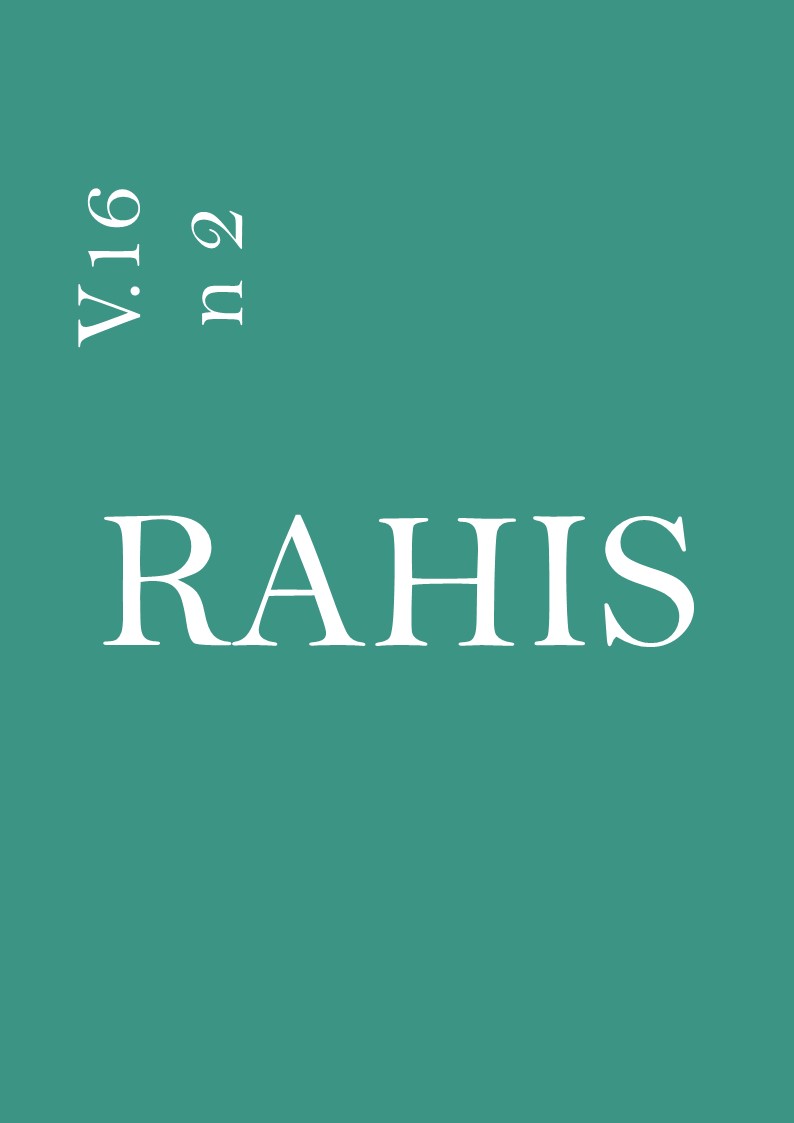Abstract
The issue of health is revealed by the primacy of the dignity of the human person, this constitutional foundation, from which all relations in the social legal order are based. In Brazil, there is an increase in the intervention of the Judiciary to ensure the protection of individual rights in this matter, especially for the granting of essential medicines to patients in concrete situations of extreme need or who present their lives at risk. This judicial intervention mechanism has shown wear and tear, given that magistrates, in their decisions, are not guided by normative criteria, previously determined, or, still, do not have concrete and stable legal levels, in light of what is expected to exist in of the superior courts of Brazil, towards the standardization of the application of fundamental rights dictated by the current constitutional system. The constant tension arising from the imbalance created by the non-uniformity in such judicial decisions has, lately, led the courts to change this scenario, with the establishment of new premises for the granting of tutelage that allows people access to medicines for their treatments. . Based on the deductive analytical methodology, with broad bibliographic support, the objective of this essay is to critically analyze the sedimentation of the courts' performance in the granting of medicines, based on fundamental rights and guarantees.

